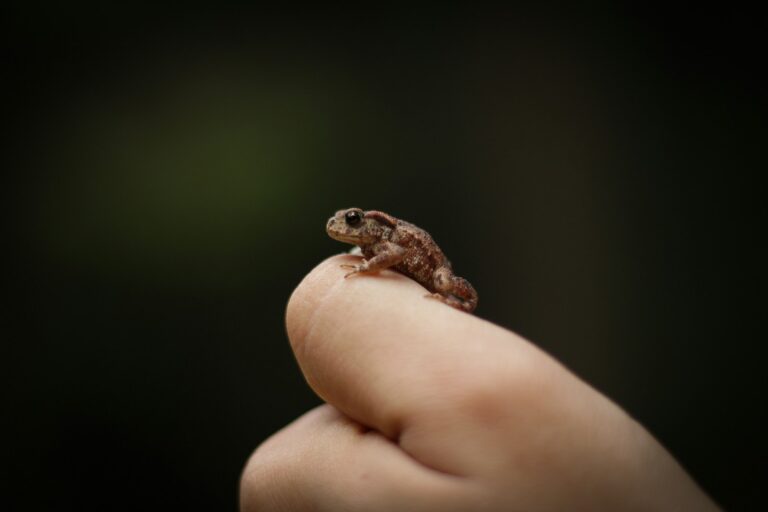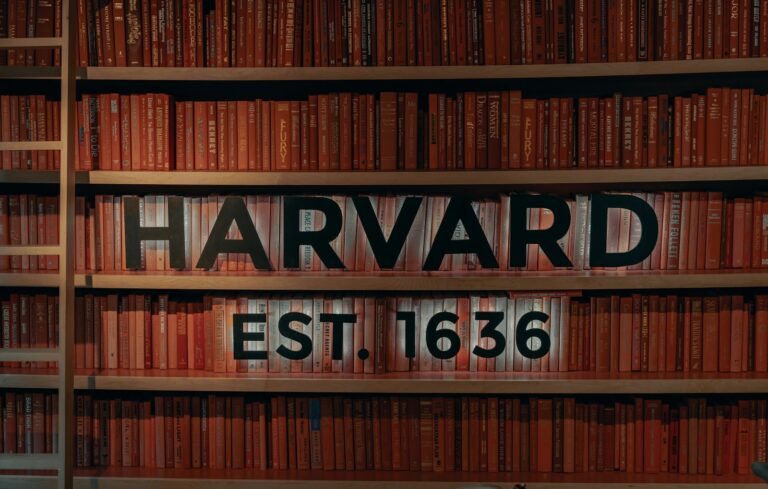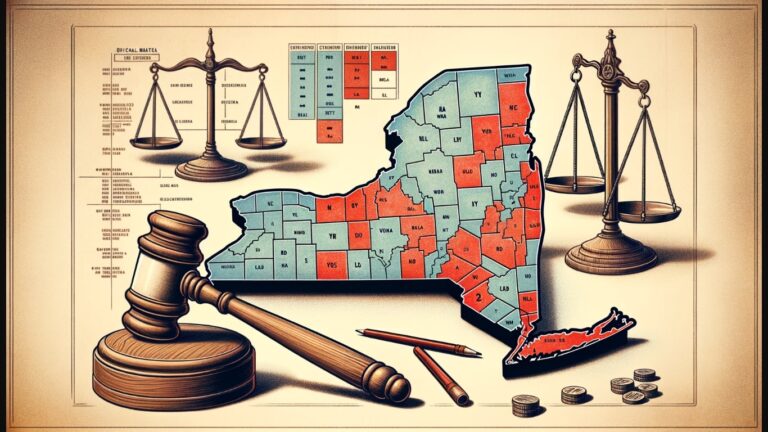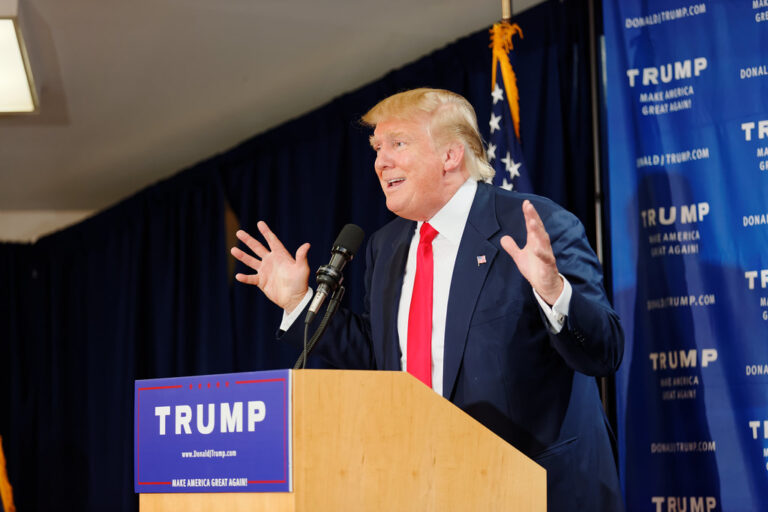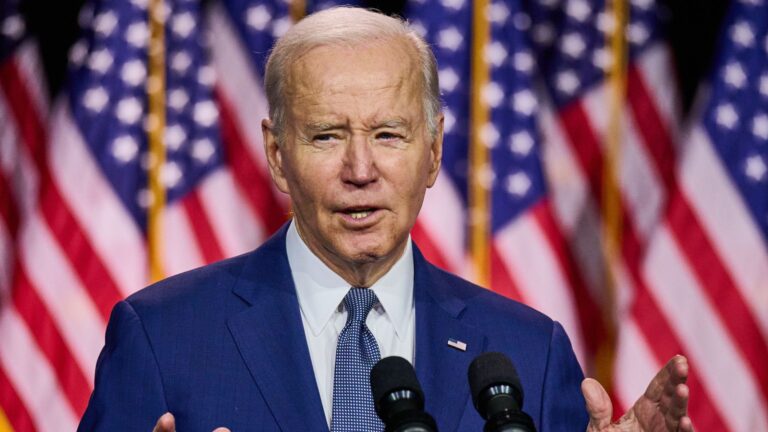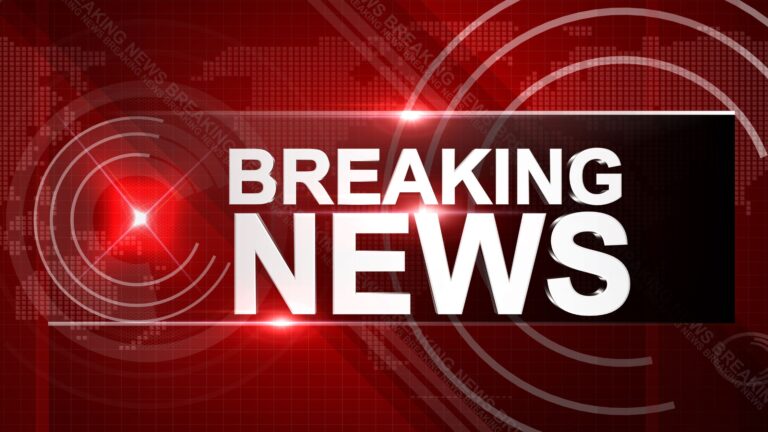Key Takeaways:
- Harvard scientist Kseniia Petrova granted bail after over three months in detention.
- Detained for not declaring frog embryos upon arrival in the U.S.
- Judge deems detention unjustified, raising legal concerns.
- Petrova’s release follows court challenges to her detention.
Who is Kseniia Petrova?
Kseniia Petrova, a respected Harvard scientist, has been at the center of a legal storm following her detention for not declaring frog embryos upon entering the U.S. Her work focuses on developmental biology, a field crucial for understanding growth and disease. Petrova’s research has significant implications for medical advancements, making her a valued figure in the scientific community.
What Happened at the Airport?
Upon arrival, Petrova failed to declare frog embryos, which led to her detention. It’s possible she may not have realized the necessity of declaring such items, highlighting a potential misunderstanding of regulations. This oversight led to her being held for over three months, sparking legal debates.
The Legal Battle Begins
Petrova’s detention sparked a legal showdown. Prosecutors argued her actions were intentional, while her lawyers contended it was a minor oversight. The case hinged on the declaration of biological materials, with Petrova’s team emphasizing the incident’s trivial nature compared to her contributions to science.
The Judge’s Decision
Judge Christina Reiss ruled Petrova’s detention unjustified, citing concerns over government actions. The decision acknowledged Petrova’s low flight risk and the importance of her work, leading to her release under strict conditions, including GPS monitoring.
What’s Next for Petrova?
Released on bail, Petrova faces a trial that could impact her career. Despite challenges, she remains committed to her research, supported by her academic community. Her case underscores the delicate balance between security and academic freedom.
Why This Case Matters
Petrova’s case highlights challenges faced by international researchers. It questions the balance between national security and scientific collaboration, emphasizing the need for clear regulations to prevent similar incidents.
A Lesson for Travelers
This case serves as a cautionary tale for travelers, especially academics. Even minor omissions can have serious consequences, underscoring the importance of understanding customs regulations.
Conclusion
Kseniia Petrova’s release marks a significant turn in a case that has sparked legal and scientific debates. As she awaits trial, her story reminds us of the complexities faced by international scholars and the need for clear guidelines. The outcome of her case could set precedents for future incidents, making it a pivotal moment for the scientific community.

